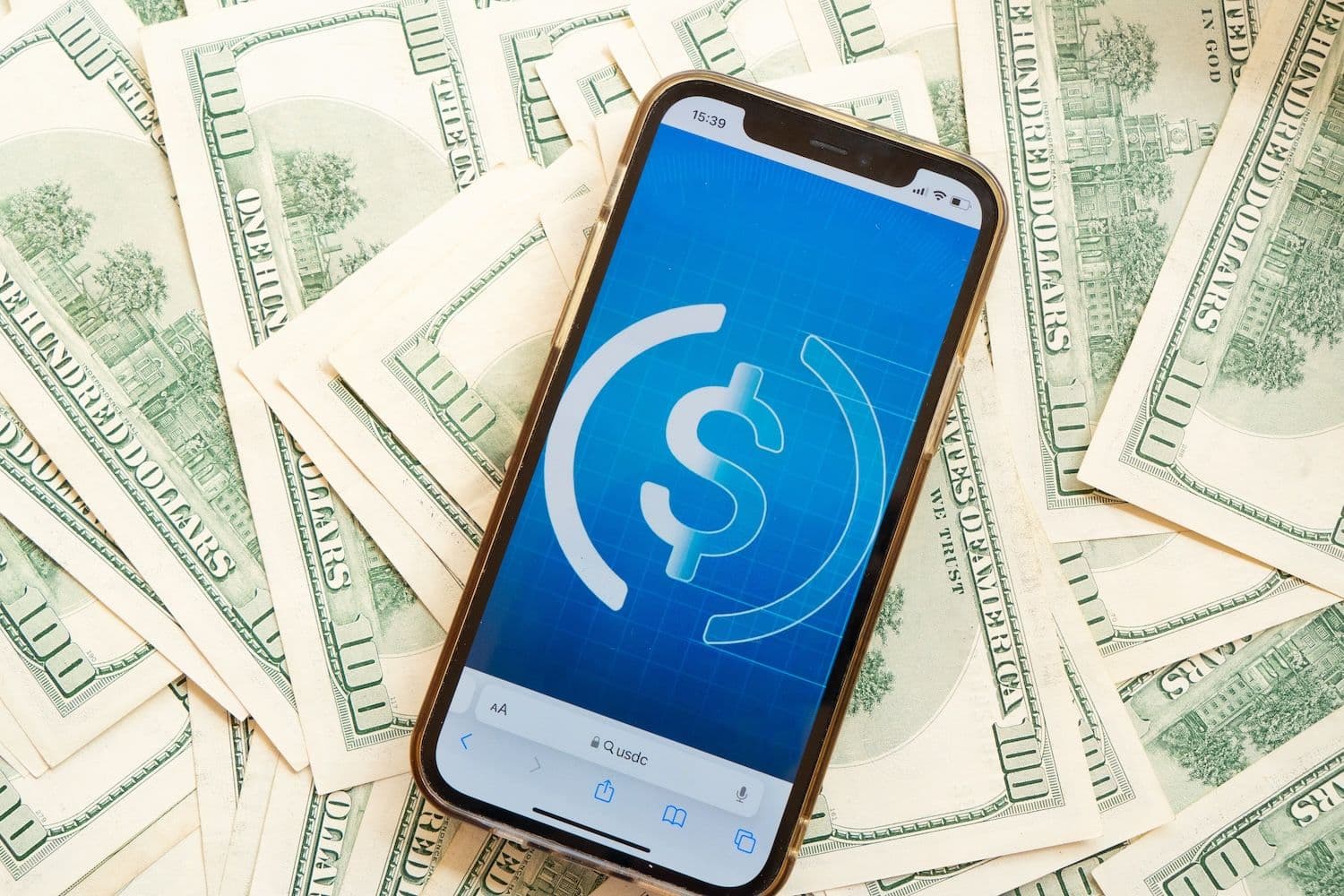Circle Internet Financial, the company behind the USDC stablecoin, has engaged in informal acquisition discussions with Coinbase Global and Ripple while simultaneously pursuing its initial public offering filed in April. Four banking and private equity executives familiar with the negotiations said Circle seeks at least $5 billion in any potential sale, matching its targeted IPO valuation.
What to Know:
- Circle filed IPO paperwork in April but is simultaneously entertaining acquisition offers from Coinbase and Ripple
- The company seeks at least $5 billion valuation, with Ripple's previous $4-5 billion bid rejected as too low
- Coinbase and Circle share a complex revenue arrangement from their USDC stablecoin partnership dating to 2018
"If Coinbase wanted to buy them, Circle would sell in a heartbeat," said one banking source who requested anonymity to discuss private negotiations. The source noted that circumstances shift rapidly in these talks. "Things change week by week," added a second person briefed on the discussions.
Circle maintains its commitment to going public despite the acquisition interest. The company filed its long-awaited IPO paperwork publicly in April, though it has not set terms or launched its roadshow. "Circle is not for sale. Our long-term goals remain the same," the company stated Monday in response to inquiries.
Neither Coinbase nor Ripple responded to requests for comment about potential acquisitions.
Strategic Partnerships Create Acquisition Logic
The relationship between Coinbase and Circle extends beyond typical business partnerships, creating natural acquisition synergies that industry observers find compelling. The companies launched Centre Consortium in 2018 as a joint venture to issue the USDC stablecoin. When that arrangement concluded in 2023, Coinbase received an equity stake in Circle while Circle assumed full governance of USDC.
Their current revenue-sharing agreement heavily favors Coinbase in several key areas. Under the baseline provision outlined in Circle's S-1 filing, each company receives 50% of residual revenue generated from reserves backing USDC. However, Coinbase captures 100% of that revenue when USDC is stored on its platform—a scenario that has become increasingly common based on Coinbase's recent earnings reports showing rising income from the partnership.
The agreement grants Coinbase significant operational control over Circle's business decisions. Circle cannot form new third-party partnerships affecting Coinbase's USDC revenue without consent from the exchange. Coinbase also holds partial control over intellectual property rights in insolvency scenarios.
"I feel like they're one company," quipped one source familiar with the relationship. These provisions make Coinbase the logical acquirer in many industry observers' view.
Coinbase CEO Brian Armstrong acknowledged the relationship's importance when asked about potential acquisitions on May 14. "They're going public doesn't change anything about our commercial relationship, but in terms of other deals we might consider in the future, I mean, that, of course, would be up to them and us, but, you know, nothing to announce today," Armstrong told Bloomberg.
Financial Firepower Shapes Acquisition Dynamics
Ripple brings substantial financial resources to any potential bid despite its previous offer being rejected. The company attempted to acquire Circle for $4 billion to $5 billion, according to Bloomberg reporting confirmed by multiple sources. Any Ripple bid would likely combine XRP cryptocurrency with cash components.
Ripple's balance sheet includes approximately 4.56 billion XRP tokens worth $11.77 billion plus another 37.13 billion XRP valued at $95.7 billion held in escrow as of March 31, according to its Q1 2025 XRP Markets Report. This gives the company over $100 billion in XRP holdings to fund major acquisitions.
Coinbase offers different financial advantages as a potential acquirer. The exchange held $8 billion in cash as of March 31 according to its most recent quarterly filing. As a public company, Coinbase could easily raise additional funds through debt issuance or share placements if needed for a major acquisition.
"Though Ripple has a pretty meaningful balance sheet," one banking source said, "Coinbase would still be viewed more favorably" due to its public status and financial flexibility.
Armstrong emphasized Coinbase's acquisition capabilities while noting the company's disciplined approach. The exchange maintains a "pretty large balance sheet" and benefits from being public, he said, but "doesn't swing at every pitch" because successful integration represents the primary challenge in acquisitions.
Market Context Supports Strategic Moves
Recent market developments provide favorable conditions for major crypto industry consolidation. Coinbase joined the S&P 500 on Monday, with the announcement driving shares up more than 25% last week. The stock traded around $265 Monday afternoon, giving the company a $56 billion market capitalization, though this remains well below its 52-week high of $349.75 reached in December.
Both potential acquirers have demonstrated recent acquisition appetite through significant deals. Ripple agreed to purchase prime brokerage Hidden Road for $1.25 billion in April. Coinbase completed a $2.9 billion acquisition of derivatives platform Deribit earlier this month, following smaller deals for Iron Fish team members in May and onchain advertising platform Spindle in January.
The broader IPO market showed renewed life last week with eToro's successful debut. The online trading platform rose nearly 29% on its first trading day after raising $620 million at $52 per share. This performance likely bolsters Circle's confidence in pursuing its public offering route.
However, one investor cautioned that newly public companies' aftermarket performance requires extended observation periods. "See how [they play] out" over time remains crucial for evaluating IPO success, the investor noted.
Closing Thoughts
Circle Internet Financial faces a strategic crossroads as it weighs immediate acquisition opportunities against long-term public company aspirations. The complex web of existing partnerships, particularly with Coinbase, creates natural acquisition logic while Ripple's substantial XRP holdings provide alternative financial firepower for a transformative deal.



